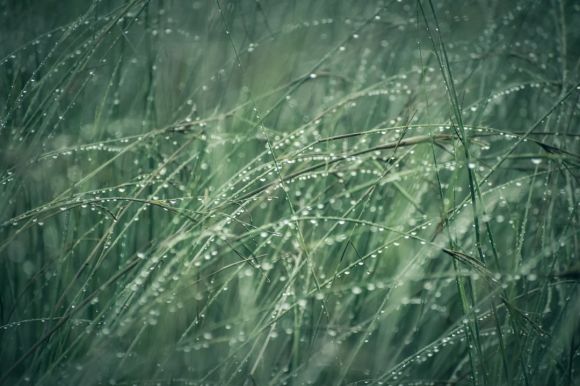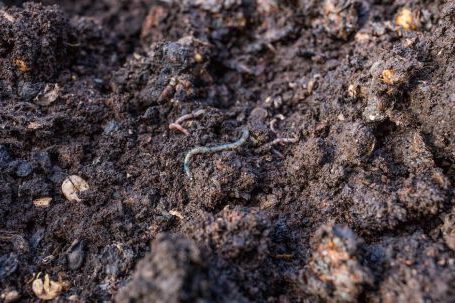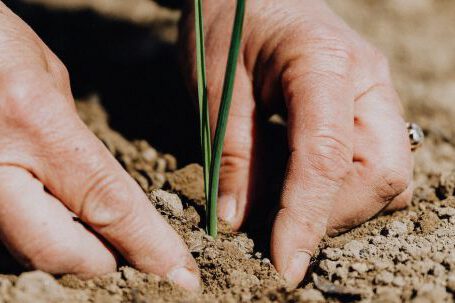Water is essential for the growth and survival of plants. While tap water is readily available for most gardeners, rainwater has been said to have superior benefits for plants. But is this really true? In this article, we will explore the differences between rainwater and tap water and determine whether rainwater truly benefits plants more.
The Composition of Rainwater
Rainwater is known to be naturally pure, free from the chemicals and minerals commonly found in tap water. When rainwater falls from the sky, it is relatively clean and devoid of contaminants. This purity is one of the reasons why many gardeners prefer to collect rainwater for their plants.
Tap Water: The Contaminant Debate
Tap water, on the other hand, goes through a treatment process to remove harmful bacteria and other contaminants. However, this process often involves the addition of chemicals such as chlorine and fluoride, which can have negative effects on plants. Some gardeners believe that these added chemicals can hinder the growth and development of their plants.
The pH Factor
Another aspect to consider is the pH level of both rainwater and tap water. Rainwater tends to be slightly acidic with a pH level around 5.6. This acidity can be beneficial for certain plants, especially those that prefer acidic soil conditions. Tap water, on the other hand, can have a higher pH level, ranging from 7 to 8.5. This alkalinity may not be ideal for plants that thrive in more acidic environments.
Nutrient Content
One of the most significant differences between rainwater and tap water is the nutrient content. Rainwater contains trace amounts of nutrients that are naturally present in the atmosphere. These nutrients, such as nitrogen and potassium, can provide additional nourishment to plants. Tap water, on the other hand, may not have the same nutrient levels, as these are often removed during the treatment process. This lack of nutrients in tap water may require gardeners to supplement their plants with additional fertilizers.
Watering Frequency and Availability
Rainwater is generally more accessible during rainy seasons, allowing gardeners to water their plants more frequently without incurring additional costs. Additionally, rainwater is often at a cooler temperature than tap water, which can be beneficial for plants, especially during hot summer months. Tap water, on the other hand, may not be as readily available or affordable for some gardeners, especially in areas where water scarcity is a concern.
The Verdict
So, does rainwater benefit plants more than tap water? While rainwater may have certain advantages, such as its purity, slightly acidic pH level, and natural nutrient content, it is essential to consider the specific needs of your plants. Some plants may thrive with rainwater, while others may require the additional nutrients and consistent pH levels provided by tap water.
Ultimately, the choice between rainwater and tap water will depend on various factors, including the type of plants you are growing, your local climate, and water availability. It is worth experimenting with both options to see which works best for your garden. Collecting rainwater can be an eco-friendly and cost-effective solution, but if it is not readily available or suitable for your plants, tap water can still provide the necessary hydration.
In conclusion, rainwater and tap water both have their pros and cons when it comes to watering plants. Understanding the composition and specific needs of your plants will help you make an informed decision on which water source to use. Remember, the ultimate goal is to provide your plants with the necessary hydration and nutrients they need to thrive and flourish.





